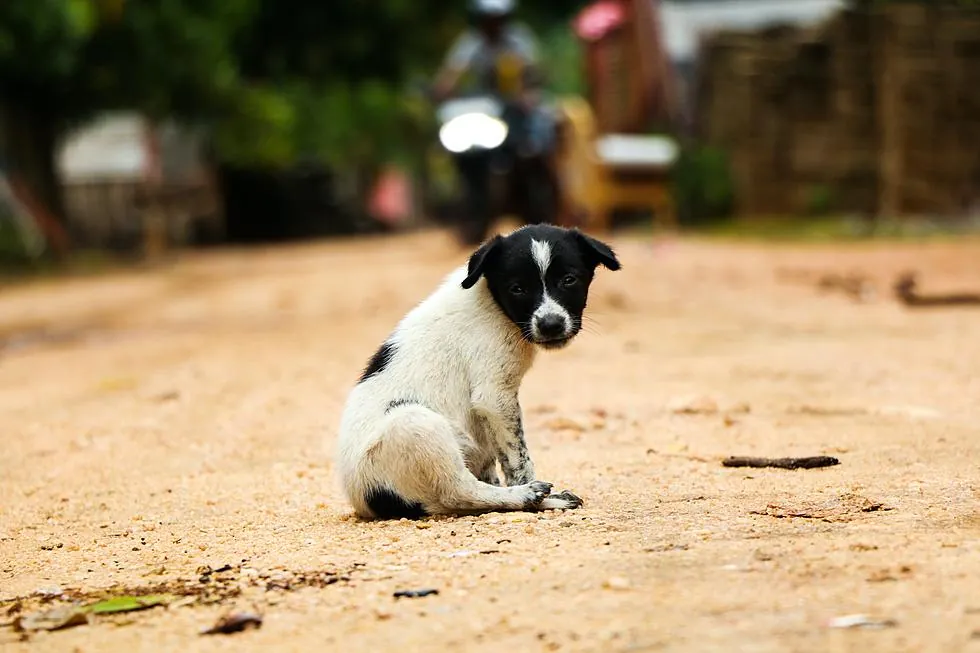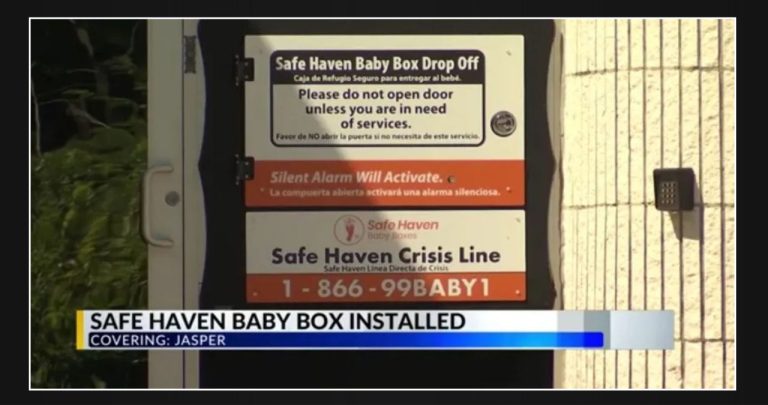In recent events, a cat and a raccoon in Alabama have tested positive for rabies, causing potential exposure and treatment of several individuals. Health officials are emphasizing the critical role of animal vaccinations in safeguarding both pets and humans from the threat of this deadly virus.
The cat, identified as a stray, had a fateful encounter with a family’s dog, exposing the pet owner to the virus. Following the exposure, the cat was presented to a local veterinary hospital and placed in quarantine. Tragically, the cat’s condition deteriorated, leading to its demise. Subsequent testing revealed that the cat was rabies-positive, raising concerns about the potential exposure of both the pet owner and veterinary staff.
According to the Alabama Department of Public Health, four members of the affected family in Hurtsboro, located in Russell County, were exposed to the rabid cat. Additionally, 11 staff members at an Opelika veterinary hospital also faced potential exposure due to their interaction with the infected animal. One person in Lee County was similarly exposed to a rabid raccoon.
Dr. Dee W. Jones, the State Public Health Veterinarian, stressed the importance of regular animal vaccinations as a primary defense against rabies. He emphasized that animal vaccinations not only protect the pets themselves but also act as a barrier to human exposure. “Vaccinating your animals against rabies is the best way to keep your pets protected from the deadly virus,” he stated. “Animal vaccinations also help protect people, who many times are exposed when the animal first becomes sick and before rabies can be confirmed, just as with this recent case in a cat.”
The risks associated with rabies infections in domestic animals, particularly raccoons, are well-documented in certain areas of Alabama, including Russell and Lee counties. The recent incidents underscore the need for ongoing vigilance and preventative measures. Dr. Homer S. Bruce, Lee County rabies officer, emphasized that rabies vaccinations play a pivotal role in protecting both pets and humans. He noted that all of the owner’s pets had previously received rabies vaccinations and had been administered rabies booster shots post-exposure.
Alabama law mandates that dogs, cats, and ferrets be vaccinated against rabies at 3 months of age and annually thereafter unless they receive a 3-year rabies vaccine. Regardless of the vaccine type, the initial rabies vaccination is valid for only one year.
In light of these incidents, health authorities in Alabama advocate for a multifaceted approach to rabies prevention. This approach involves not only ensuring pets are up-to-date with their vaccinations but also taking precautions with wildlife and promptly reporting animal bites or exposures. Residents are advised to adhere to various precautions, such as not allowing pets to roam freely, refraining from leaving pet food outdoors, and avoiding contact with wildlife or domestic animals exhibiting unusual behavior.
As the state continues to grapple with the implications of these rabies exposures, Dr. Bruce urged pet owners to verify their pets’ rabies vaccination status and promptly seek booster shots if necessary. He also cautioned against allowing stray animals to linger on one’s property, as such animals could pose a risk to humans, pets, and livestock.
The recent cases serve as a poignant reminder that rabies remains a serious threat, but through proactive vaccination efforts and responsible pet ownership, individuals can play an active role in mitigating its impact on both animals and humans.
For more information and resources on rabies prevention, please visit the Alabama Department of Public Health’s website . If you have questions regarding your pet’s vaccination status, you can contact your veterinarian at (334) 745-0060.



